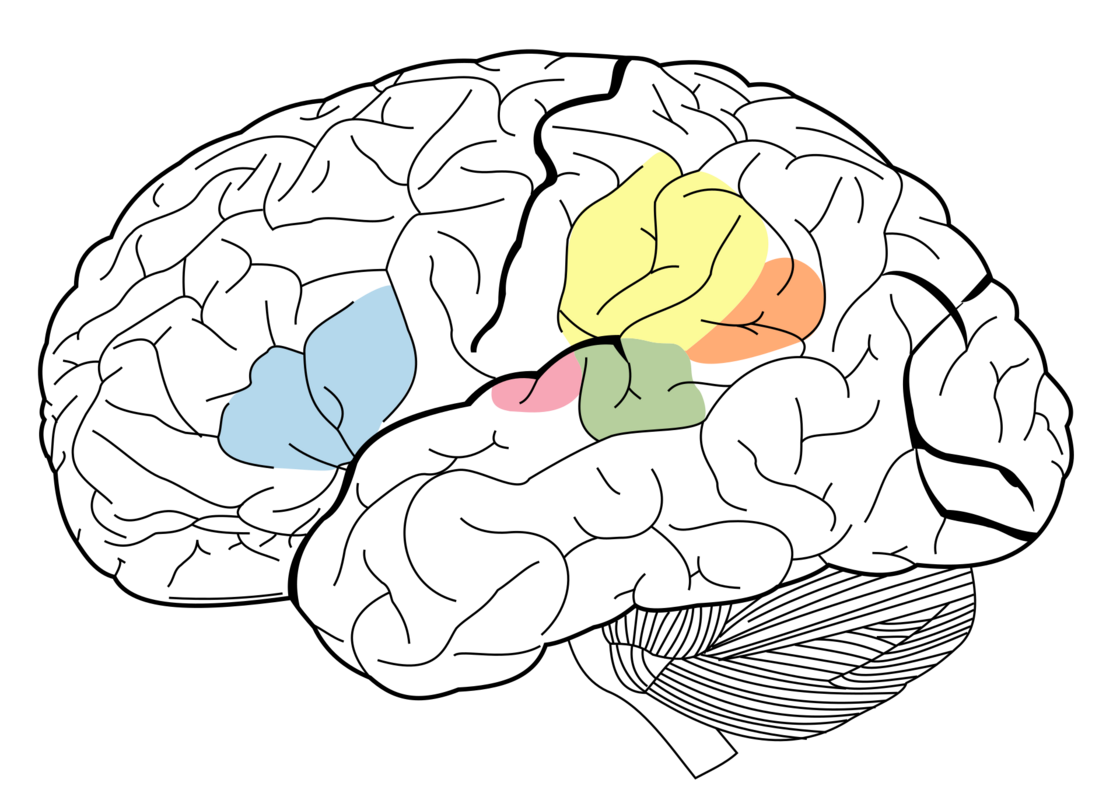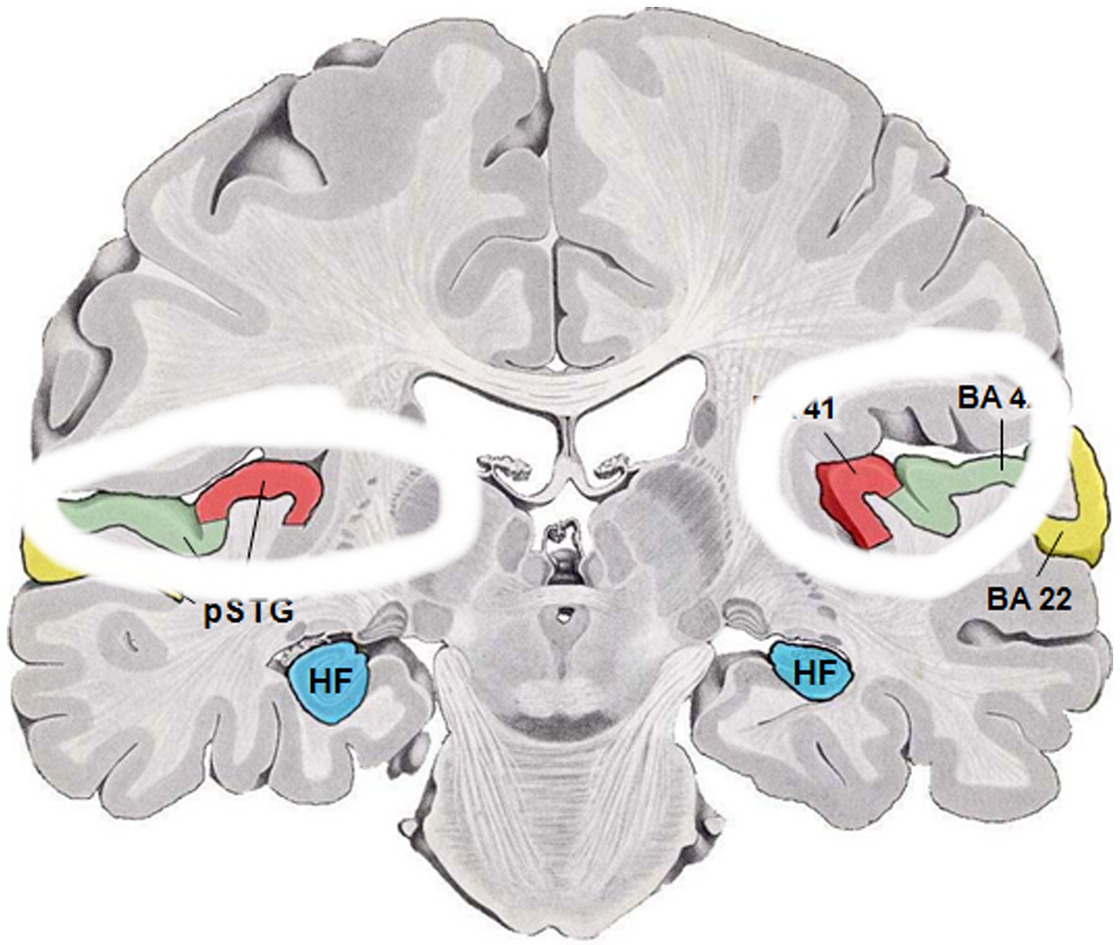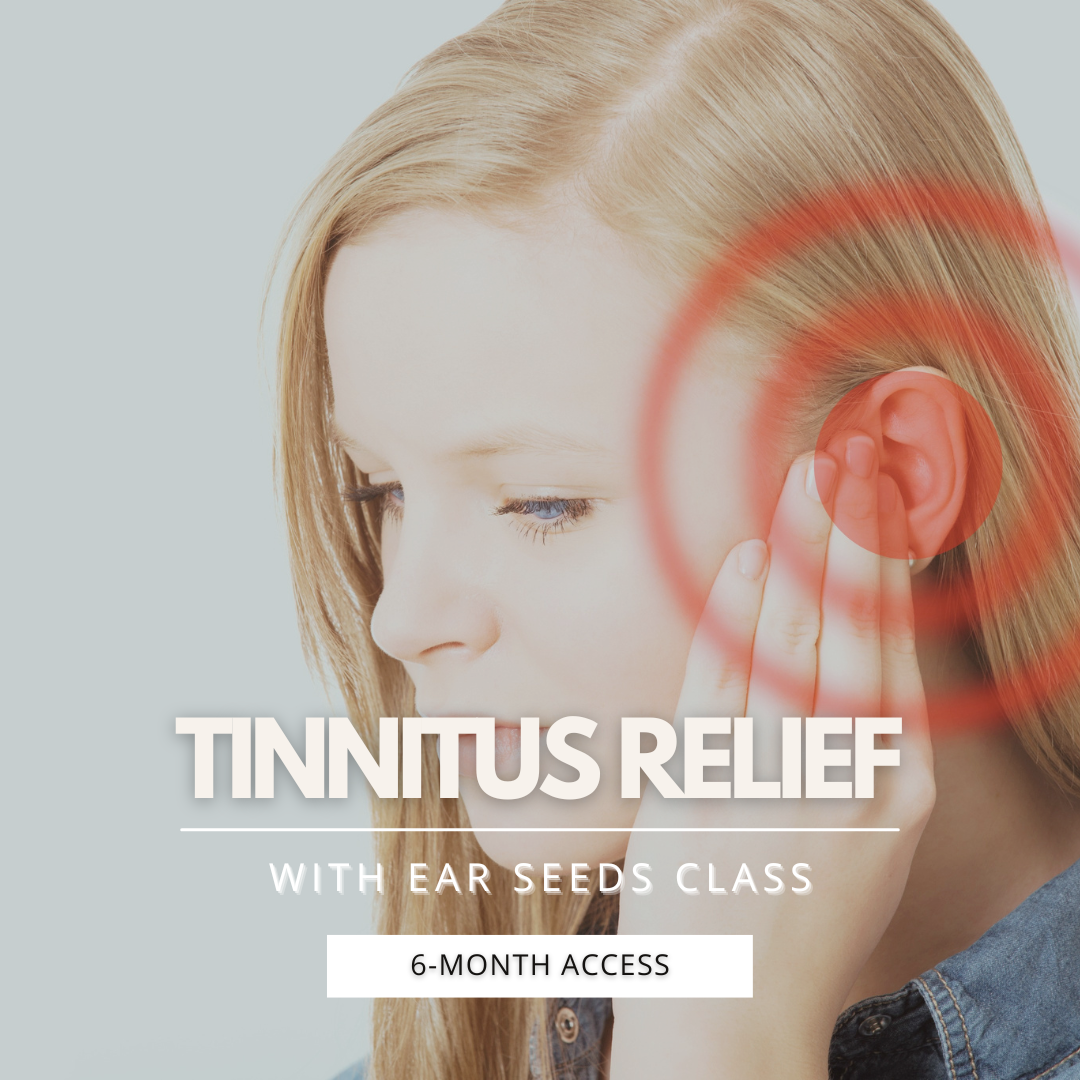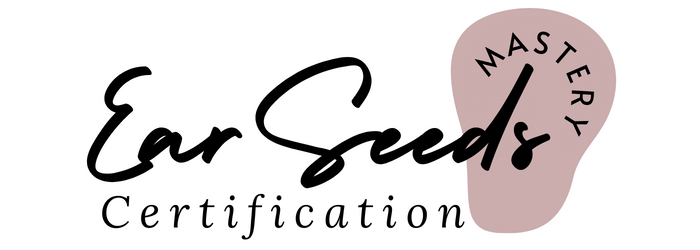Tackling Tinnitus: Understanding the Brain's Role and Ear Seed's Benefits
Understanding the Role of the Brain in Tinnitus
Tinnitus, a condition characterized by the perception of ringing or buzzing sounds in the ears, affects approximately 50 million people worldwide. While tinnitus is often associated with hearing loss, it is now widely recognized that imbalances in the brain can also play a significant role in the development and maintenance of this condition.
How Imbalances in the Brain Impact Tinnitus
Research has shown that imbalances in several key brain regions can impact tinnitus by altering the neural activity and connectivity of the auditory and limbic systems, the non-auditory gating system, and the nucleus accumbens.
These changes can lead to the generation and amplification of phantom sounds, negative emotional and cognitive responses, and difficulties in regulating attention and stress responses.

Photo Credit: By James.mcd.nz - self-made - reproduction of combined images Surfacegyri.JPG by Reid Offringa and Ventral-dorsal streams.svg by Selket, CC BY-SA 4.0, https://commons.wikimedia.org/w/index.php?curid=3226132
The Auditory Cortex and Tinnitus
The auditory cortex, a brain region involved in sound processing, is often implicated in tinnitus. Imbalances in the auditory cortex can lead to the generation of phantom sounds that are perceived as tinnitus. Over activity in this brain region (seen in pink & green below) has been shown on the fMRI scans of tinnitus sufferers.

Photo Credit: By Talbot K, Louneva N, Cohen JW, Kazi H, Blake DJ, et al. (2011) - Talbot K, Louneva N, Cohen JW, Kazi H, Blake DJ, et al. (2011) PLoS ONE 6(3): e16886. doi:10.1371/journal.pone.0016886, CC BY 2.5, https://commons.wikimedia.org/w/index.php?curid=20686954
The Limbic System and Tinnitus
Imbalances in the limbic system, a complex network of brain structures involved in emotional processing and regulation, can exacerbate tinnitus symptoms by leading to stress, anxiety, and depression.
The Non-Auditory Gating System and Tinnitus
Deficits in the non-auditory gating system, which is involved in filtering and modulating sensory information and attentional processes, can contribute to the amplification of tinnitus symptoms and the development of tinnitus-related distress.
The Role of Depression and Neurotransmitters in Tinnitus
Depression can exacerbate tinnitus symptoms and make them more difficult to manage. Moreover, neurotransmitters such as dopamine and serotonin have been specifically implicated in the development and maintenance of tinnitus.
Auriculotherapy and Tinnitus Management
One approach to managing tinnitus that has gained popularity in recent years is auriculotherapy, also known as ear acupressure. Auriculotherapy involves stimulating specific points on the external ear to treat various health conditions, including tinnitus.
Ear Seeds and Tinnitus Management
Ear seeds, small, adhesive seeds that are placed on specific ear points to stimulate the nerve endings, are a popular technique in auriculotherapy.
By stimulating these specific ear points, auriculotherapy can activate the parasympathetic nervous system, reduce stress and anxiety, and modulate the activity of the brain and limbic system.
Moreover, auriculotherapy with ear seeds can also impact the activity of the dopamine and serotonin systems, which can help reduce the emotional and cognitive responses associated with tinnitus, and improve overall quality of life.
Conclusion
Overall, understanding that tinnitus is a complex condition that can be influenced by imbalances in the brain and nervous system, including imbalances in dopamine and serotonin levels, is an important step in its management.
By addressing these imbalances through various therapies and interventions, such as auriculotherapy with ear seeds, individuals with tinnitus can improve their quality of life and reduce the negative impact of this condition on their well-being.
If you or a loved one are struggling with tinnitus, consider signing up for our auriculotherapy class to learn more about how this therapy can help manage your symptoms and promote overall well-being.
Tinnitus Relief with Ear Seeds On-Demand Class
Learn the master protocol for tinnitus, how ear seeds can have regulatory effect on the nervous system to help bring relief even if nothing else has worked.



2 comments
I have been able to give some relief for.my patients...this class and using your formula to personalize it for each patient is the missing key 🔑 . I look forward to utilizing this.
Leave a comment
Please log in or register to post a comment